Being a second-generation wrestler has its pros and cons. For example, a “pro” is that you are given a slightly easier road into the wrestling industry. Another is that you’ll likely receive indispensable insight over the dinner table which most trainee wrestlers have to pay thousands for.
A “con,” and a fairly major one at that, is that the more successful your mother or father was in the wrestling business, the more your performance will be subject to intense scrutiny.
With tens of thousands of wrestlers getting booked around the world these days, second-generation wrestlers are still a fairly rare breed, which keeps alive an established interest in them. When a Bron Breakker or a Hook debuts on television, wrestling fans pull out their respective magnifying glasses and begin to analyse if they have the famed ‘it’ factor.
In most cases, these wrestlers are presented well. Most live up to the occasion and put in a pretty good showing for themselves. Some, however, are thrust into the limelight far too early. Oftentimes before being given the opportunity to “get the reps in” on the indie scene, second-generation talents are positioned in front of a television camera and expected to produce gold on a weekly basis.
Alas, not all of them do. Here are five second-generation wrestlers who were either rushed into a wrestling ring before they were ready or who simply didn’t inherit their parent’s wrestling ability.
GARETT BISCHOFF
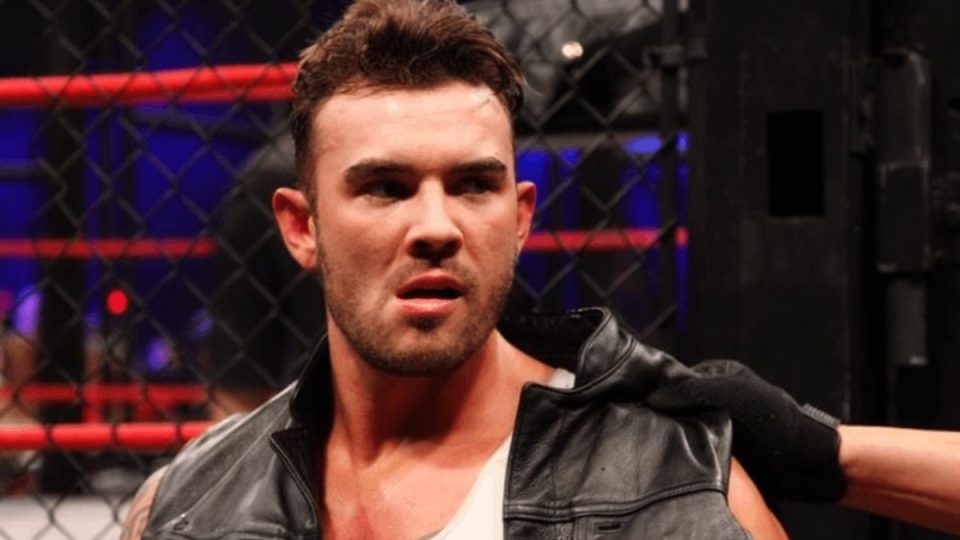
Before you ask, Garett’s father Eric has twenty-four recorded matches in his wrestling career, so this legitimately makes Garett a “second-generation wrestler.”
If you were a fan of TNA between 2011 and 2014, you’ll no doubt remember the pain in your throat from having Garrett Bischoff shoved down it. Garrett Bischoff, for all the effort he put in, unfortunately became one of the most blatant signs of nepotism in professional wrestling fairly quickly.
It’s a real shame, because Garrett Bischoff’s story could have so easily gone the opposite way. He had a good look and showed above-average athleticism in the ring. He could have been a respectable mid-carder with a few more years of experience under his belt, but alas, he was brutally bogged down by his surname and the storylines he was a part of.
With the last name “Bischoff,” fans expected something truly special. The son of such a crucial player in the Monday Night Wars had to make a big impact (excuse the pun), but Garrett struggled. The TNA crowd simply would not accept him. Of course, this was predominantly down to the fans being very aware of his father Eric’s real-life position in TNA. At the time, Eric Bischoff was TNA’s Executive Producer and had a lot of sway in the company. Clearly, that sway was strong enough to bring his inexperienced son onto the main roster, ahead of so many other promising wrestlers who were way overdue a chance to succeed.
Garrett Bischoff left TNA not long after his father in 2014. He has competed on the indie circuit intermittently since, and believe it or not, made his return to the company now known as Impact Wrestling earlier this year. Whether or not this comeback leads to the redemption of Garrett Bischoff is yet to be seen.
MANU
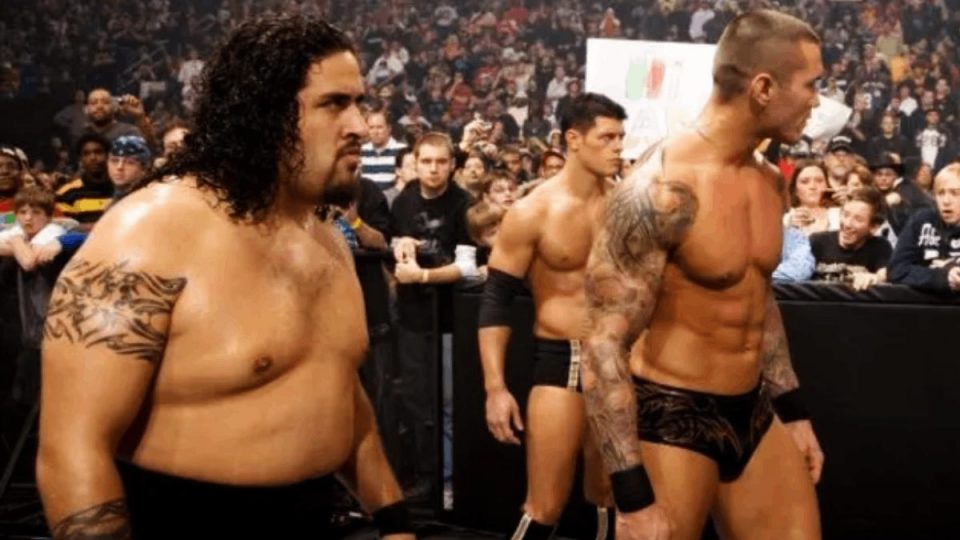
More like “Man-who,” right?!
Picture this: your dad is the legendary Afa the Wild Samoan. You share a gene pool with The Rock, Roman Reigns, The Usos, Yokozuna, Rikishi and Umaga. You’re about to take the first step on your path to superstardom by joining a hot faction by the name of Legacy. It’s led by Randy Orton. It features two up-and-comers known as Cody Rhodes and Ted DiBiase Jr, who also happen to be second-generation. This could be the start of a multi-decade-spanning career filled with awe-inspiring highlights, multiple championships and endless glory.
Except, it isn’t. The career only lasts three months. It’s a total flop.
Admittedly, finding out Manu lasted as long as three months on the main roster may surprise people. He was rarely the standout star in any match he wrestled. When he teamed with his Legacy counterparts, he consistently saw the least action. Outside of tag matches, he lost all three of his singles encounters, losing to Matt Hardy, Kofi Kingston and Batista respectively.
On his podcast Grilling JR, famed announcer Jim Ross commented on why Manu didn’t last long in WWE. In short, he peaked too soon. He was rushed into Legacy way before he was ready, and it showed. Sometimes, a short stay on the main roster results in a talent being sent right back to developmental. In Manu’s case, however, he had already spent three years in developmental territories like Deep South Wrestling and Florida Championship Wrestling. After these three years of honing his craft, Manu was given his “sink or swim” moment, and well, he sank.
There is another scarily relevant line from this episode of Grilling JR, too, which is impeccably apt for this very article.
“A lot of kids that follow in their father’s footsteps find themselves in challenging positions.”
Recently, Manu is going under the name “Afa Jr,” and has been wrestling primarily for PPW in Pennsylvania. In 2022, Manu’s return to WWE looks extremely unlikely.
CODY HALL
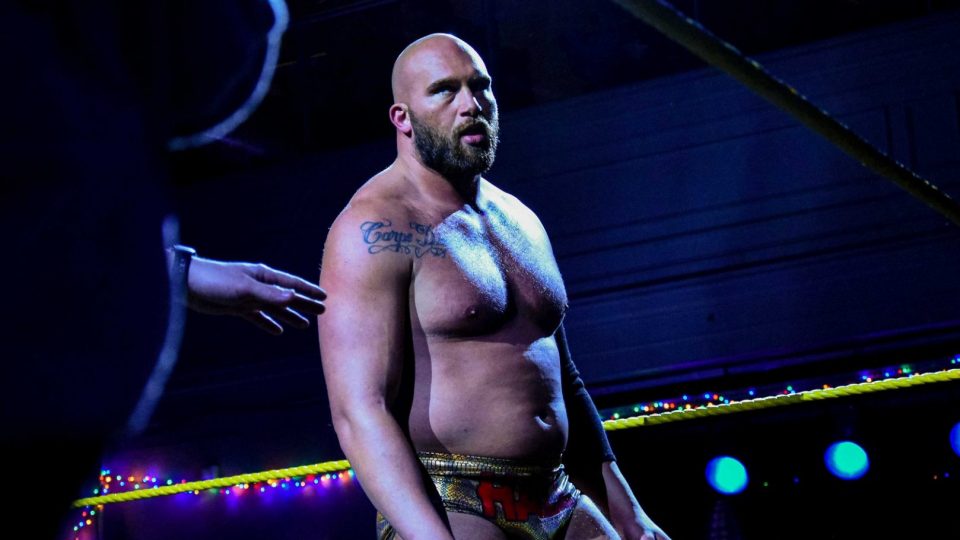
This is perhaps one of the more bizarre entries on this list. Cody Hall truly has it all going for him. He stands at 6 foot 10 inches, meaning that he’s got the height to make a promoter’s mouth water. He was trained at the famous NJPW dojo, meaning that he’s very likely been given a great education on how to present himself in the ring. Oh, and he is also the son of “The Bad Guy” Scott Hall, one of the most respected wrestlers of the past three decades.
So why exactly haven’t we seen Cody Hall in promotions like WWE, AEW or IMPACT? Well, there are a couple of reasons. The first of which is a serious neck injury that he sustained as part of the Bullet Club in NJPW. While catching a routine dive from Nick Jackson, Cody Hall suffered a pinched nerve, which unfortunately led to him taking a lengthy break from wrestling. Once he had recovered from his injury, New Japan unfortunately did not have a spot for him on the roster.
On top of this, Cody Hall seems to have earned himself a bad reputation from his attitude backstage. After making some questionable comments about COVID-19 in 2020, he was blackballed by Japanese promotion DDT. Word of his actions seems to have spread to other promotions, too, which has put Hall in a rather tricky spot.
These points seem to be the main hindrances from major companies blowing up Cody Hall’s phone.
In a recent interview with Chris Van Vilet, Cody Hall talked about his struggles with being compared to his legendary father.
“You know, that’s hard to live down, it’s definitely hard to over-shine him or step out of that shadow. No matter what I did, people would never really acknowledge it, it was always just about my father. So that was definitely a struggle for me, and it kind of still is.”
Things just haven’t gone right for Cody Hall’s wrestling career so far. At only 31 years old, however, he still has a chance to make it to the big time. After the tragic passing of his father earlier this year, maybe now is the time for him to shine, and we’ll start to see the long-overdue rise of Cody Hall in 2023.
DOMINIK MYSTERIO
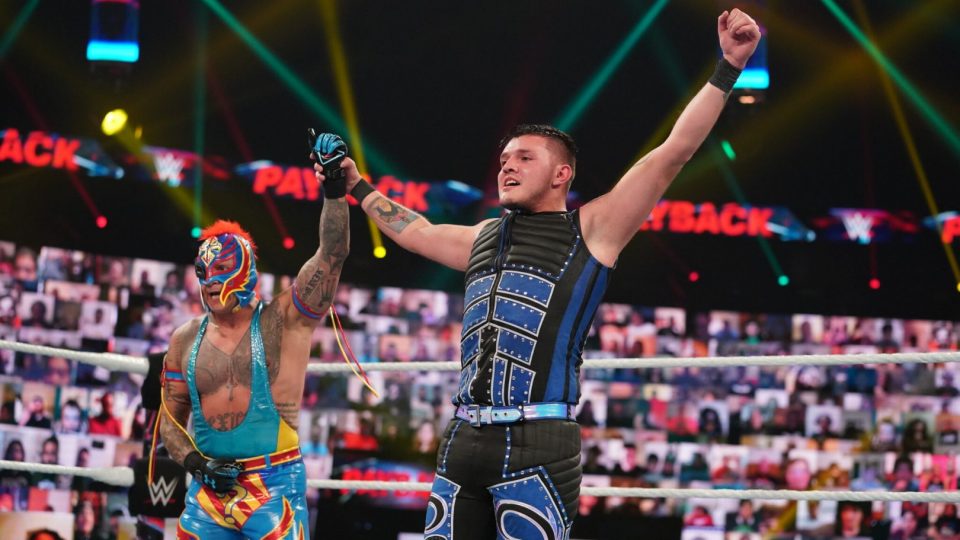
Including Dominik as a failed second-generation wrestler was a tough decision. At the time of writing, Dominik Mysterio has recently turned heel and aligned himself with the Judgement Day in a run that seems to be going well. But boy, it sure did take a long time for this guy to catch some consistent momentum.
Dominik started off hot in the WWE. Millions of fans anxiously awaited his debut against Seth Rollins at Summerslam 2020, and to everyone’s joy, he put in a very fine performance. It was a wise move from WWE creative to pit Dominik against a ring general like Seth Rollins, somebody who can sculpt a match perfectly around a lesser-experienced opponent.
But since then, his momentum seemed to fade away. Soon, the novelty of being Rey Mysterio’s son wore off, and it became plain to many that the poor kid had been thrown into the deep end of pro wrestling. Huge expectations were placed on the son of the greatest luchador of all time, and to be fair, he lived up to a few of them. Dominik clearly inherited his father’s athleticism, for example. On top of that, he played the role of “underdog” incredibly well, something his father based an entire legendary character on. It just wasn’t the full package, though.
In hindsight, WWE should have started Dominik in NXT, or at least returned him there after his match with Seth Rollins. The smaller audience would be far less daunting for Dominik, and being coached at the Performance Centre day-in-day-out would almost certainly prepare him for a main roster debut a few years down the line. Instead, he was put on national television every week, exposing his flaws to the world. These flaws included; minimal charisma, no experience, and strikes which lack conviction. All of these flaws are normal for rookie wrestlers, and all can certainly be earned in WWE’s development brand.
With Dominik, there is room to grow. His recent heel turn and the backing of the Judgement Day could be a real shift in the youngster’s career. Let’s just hope it’s a shift for the better.
DAVID FLAIR
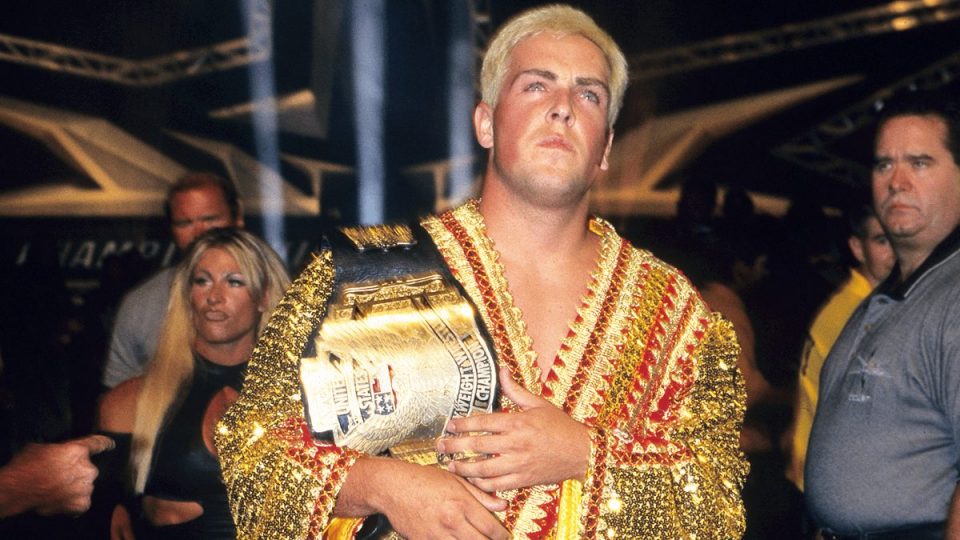
Yeah, yeah. It’s the low-hanging fruit. But David Flair just had to be on this list, right? If there was ever a “guy who would never have been hired without his famous father,” it was David Flair.
David Flair’s story echoes the other entries in this article, as well as a large percentage of second-generation wrestlers: too little, too soon. Flair was given a bare minimum of training before debuting in a tag team match with his father at WCW Souled Out 1999. Even though this match only took place in January of 1999, David was wrestling a full-time schedule by April of the same year.
From his offence, to his selling, to his acting, to everything in between, David Flair just never “clicked” inside a wrestling ring. David Flair matches suffered from a severe lack of heat. His segments suffered from cringeworthy awkwardness. But who can blame the guy? He was only 19 years old when he debuted and was likely overwhelmed by suddenly being a focal point on weekly television. WCW deserves the brunt of the blame here for cashing in on the Flair name far before he was ready.
Despite this, because of his surname, David Flair was awarded championships. In July 1999, he won the vacant United States championship. In January of 2000, he won the Tag Team belts (also previously vacant) with Crowbar. All the while, he never truly got the chance to improve. Every situation for the youngster was a high-pressure situation. Pressure certainly helps development in certain cases, but not if it is applied persistently.
There isn’t much else to say about David Flair that hasn’t already been written. WCW eventually saw sense and featured him as a lower midcarder until it folded in 2001. Flair was very briefly looked at by the WWF. He even made on-screen appearances at the end of Undertaker’s fist in 2002, but despite being given the opportunity to develop in reputable developmental system OVW, he never made it to the main roster.
Not every second-generation wrestler can be a Randy Orton, a Bray Wyatt or a Charlotte Flair. It takes exceptional talent to overcome the pressure that comes with being the child of a legend. Only those who dedicate an incomprehensible amount of time to improving themselves can survive. This is especially true in the high work-rate modern era.
Now, the wrestling world looks at names like David Finlay Jr, Solo Sikoa and Brian Pillman Jr in the hope that they can live up to their parent’s legacy. Let’s hope they thrive under the pressure and don’t end up on an article like this a decade from now.
